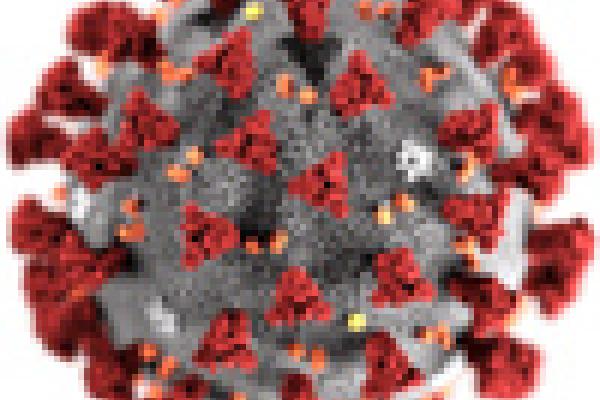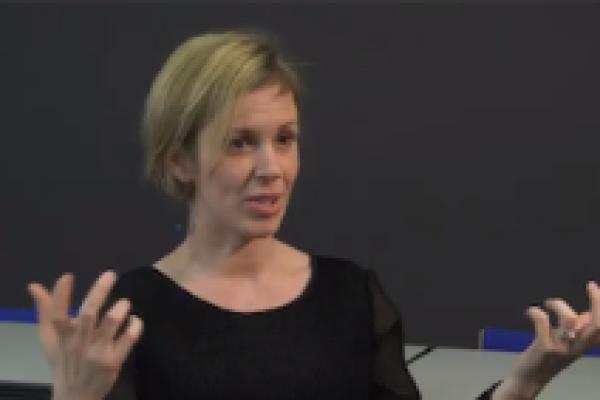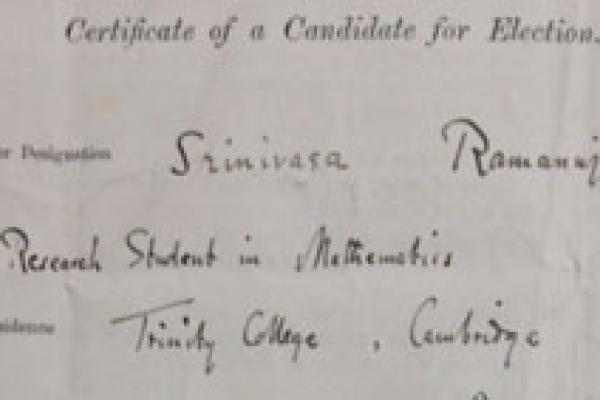Article

Are the vaccines safe?
Yes the approved vaccines are safe. If you balance the risks, then taking the vaccine is much safer than taking your chances with COVID-19.



